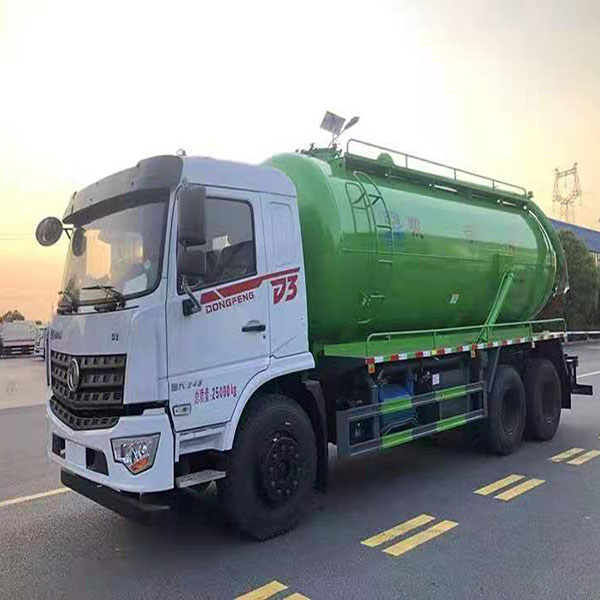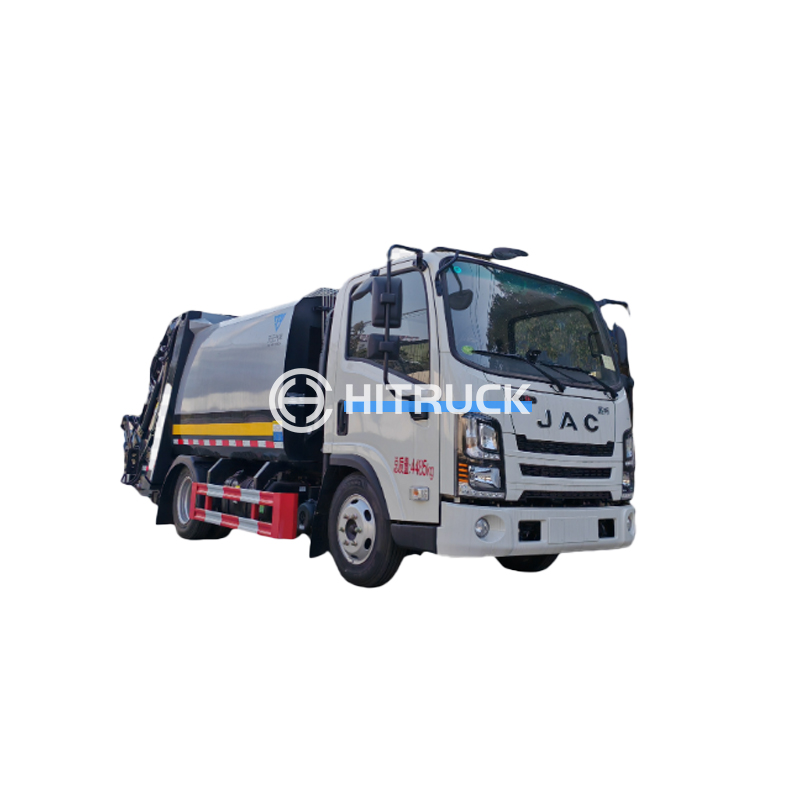This guide provides a comprehensive overview of propane tank trucks, covering their types, safety regulations, maintenance needs, and the crucial role they play in propane distribution. Learn about the different sizes, capacities, and features of these specialized vehicles, ensuring you have the knowledge necessary to make informed decisions regarding their use and operation.
Propane tank trucks come in various sizes, ranging from smaller trucks used for local deliveries to large, over-the-road transports capable of carrying thousands of gallons. The capacity is directly related to the size of the tank and the type of chassis used. Choosing the right size depends heavily on the volume of propane needed and the distance it needs to be transported. Smaller trucks are more maneuverable in urban areas, while larger ones are more efficient for long-haul operations. You’ll find a range of options from smaller, single-tank models to larger vehicles with multiple tanks for increased capacity.
Beyond size, propane tank trucks are also designed for specific applications. Some are equipped with specialized pumps and dispensing systems for efficient delivery to various locations. Others may have features tailored to specific industries, such as agricultural propane applications or fueling stations. This specialization ensures optimal performance and safety in various environments. For example, trucks used in rural areas might have enhanced off-road capabilities.
The safe operation of propane tank trucks is paramount. These vehicles are subject to strict regulations set by the Department of Transportation (DOT) to minimize risks associated with transporting flammable materials. Operators must adhere to rigorous safety standards, including regular inspections and driver training. Non-compliance can result in significant penalties and jeopardize public safety. Understanding and complying with these regulations is crucial for responsible operation.
Regular maintenance and inspection are critical for preventing accidents. This includes checking tank integrity, valve systems, and the overall condition of the vehicle. Scheduled maintenance helps identify potential issues before they escalate and ensures the propane tank truck remains compliant with DOT regulations. Proper maintenance not only extends the lifespan of the vehicle but also prioritizes safety.
Selecting the appropriate propane tank truck involves careful consideration of several factors. These include the required capacity, the type of delivery routes (urban vs. rural), budget constraints, and the overall operational requirements. Understanding these factors ensures that you choose a vehicle that meets your specific needs and optimizes your operations.
| Factor | Considerations |
|---|---|
| Capacity | Daily/weekly propane delivery volume. |
| Delivery Routes | Urban vs. rural; accessibility of delivery locations. |
| Budget | Purchase price, maintenance costs, fuel efficiency. |
Table 1: Key Factors in Propane Tank Truck Selection
For businesses seeking reliable propane tank trucks, consider contacting reputable commercial vehicle dealers or specialized propane equipment suppliers. Thorough research and due diligence are essential when making a significant investment in this type of equipment. It is advisable to compare various offerings, considering features, pricing, and after-sales service.
For those interested in purchasing a propane tank truck or learning more about propane transportation, you can explore options at Suizhou Haicang Automobile sales Co., LTD.
Remember always to prioritize safety and adhere to all applicable regulations when handling propane tank trucks.












